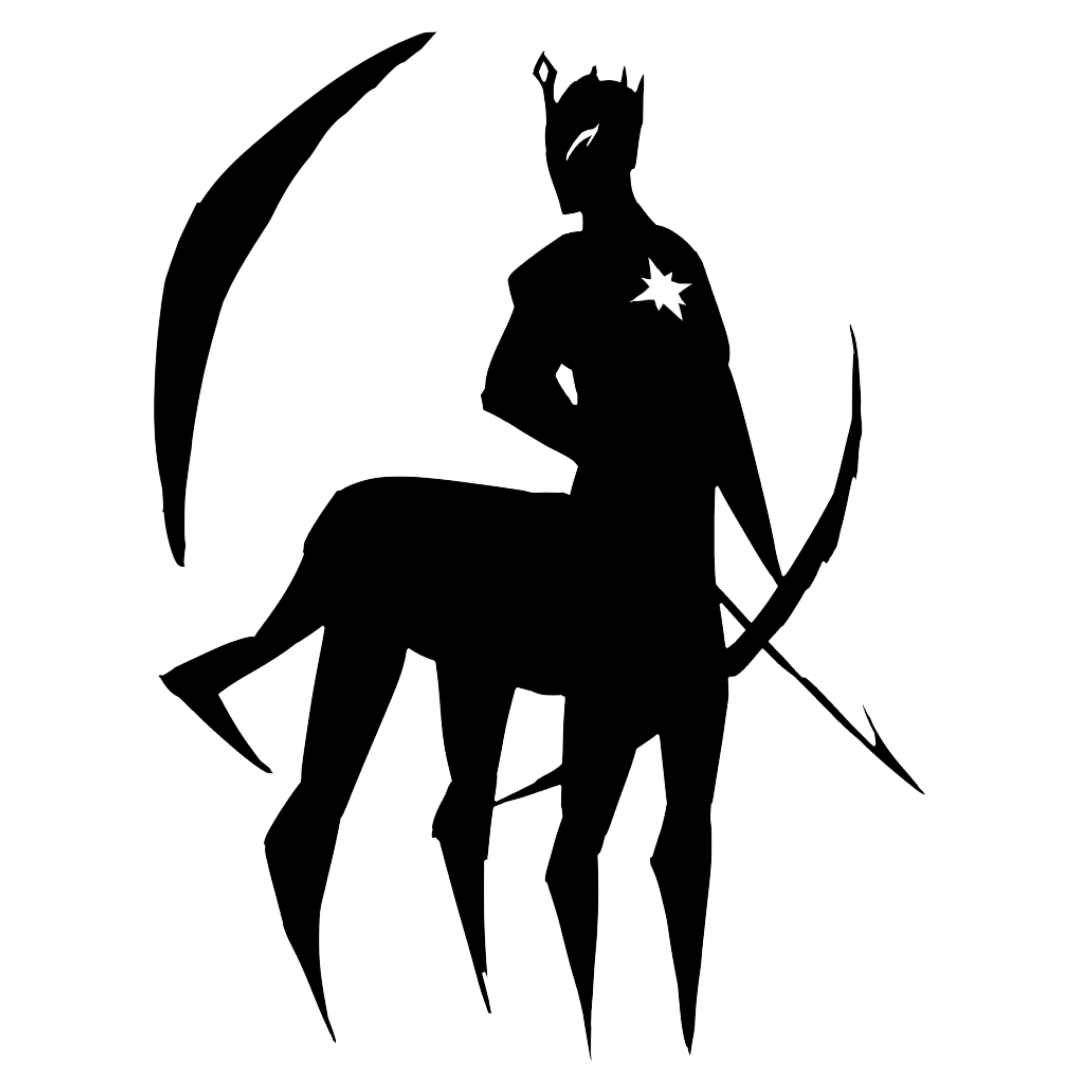QUI EST LE POÈTE?
Sourav Sengupta is an Indian Poet, an architect by training and a human resources manager by profession. He lives in Kolkata.
Aśoka at Dhauli narrates a seminal moment in the Asian subcontinent history. Here, epic narration is mastered; erudite, lyric, and dramatic. A metered treasure in 12 stanzas.
Sourav Sengupta is our guest in QELP, the Poet's LIFE podcast and the Apotheosis of
our fifth issue. His interview is the season's finale. QELP will be back in 2025.
À PROPOS
«Dhauli is the name of a hill-town in the eastern Indian state of Orissa. Situated on the banks of the river Daya, it is the place where the great Battle of Kalinga took place in c. 261 BCE. The human toll of the battle is believed to have led to the transformation of the warrior-king Aśoka into an apostle of non-violence and a global emissary of Buddhism.»
LA PIÈCE DE RÉSISTANCE
«The poet-sage Vyasa composed the longest poem ever written over two thousand years ago. That work is read, interpreted and enacted in the homes and streets of India even today.
Poetry’s vital role in the human endeavour has been to elevate our consciousness from the trivial to the sublime, urging us unceasingly to reach out for that which is ordinarily beyond our grasp.
A good poem, as opposed to a forgettable one, helps us make this giant leap effortlessly even as we are lost in the magic of its words or the cleverness of its rhyme.
I believe this is the kind of poetry that will survive into the future, just as it is the kind that has survived into the present.»
AŚOKA AT DHAULI
«...Returning to the royal tent, he paced with anxious tread;
While drops fell from his mortal eyes, drops of ruby red.»
Aśoka Devānaṃpiya, Beloved of the Gods,
Had subdued Greater India, surmounting many odds;
When the free state of Kaliṅga fell to a frenetic campaign
In third and forty of his birth, the eighth year of his reign.
The final battle had been won; the rival chieftain slayed;
A hundred thousand had been felled by fabled Mauryan blade.
His standards now on Dhauli’s Top flew untrammelled and proud;
“Cakravartin!”, hailed his soldiers, clashing sword to shield aloud.
Out strode he from the regal tent to breathe the morning air,
Deliberate with generals, subsequent plans prepare
To consolidate this victory, make arrangements as required,
Ere marching back to Patna, for campaign had left him tired.
He stretched his battle-weary limbs and gazed out from the height
While Sun as though in reverent greet, threw forth His brightest light.
And in that light what happened then, that is now part of lore,
For the scene he saw from Dhauli’s crest seared him to his core.
As far as royal eyes could see, a deathly stillness filled the plain.
Carcasses of steeds, giant beasts of war that had been slain,
And a hundred thousand men or more, lay scattered on the ground.
Beloved of the Gods - he surveyed this from Dhauli’s Mound.
Smoke billowed from countless heaps where bodies they were burning,
And rose to mingle with the clouds, a ghastly potion churning.
Then burst the skies in tears of rain to cleanse the earth of blood,
And Dayā - Stream of Mercy – overflowed in crimson flood.
Then came the stench of Death, from charring flesh on wetted fires,
A feast for crows and carrion fowl that pounced upon the pyres.
Two jackals came to claim their share of this stupendous meal;
One made off with a severed limb, its mate a skull did steal.
The crackle of the dying flames, a buzzard’s plaintive call,
The mother’s cry, a widow’s wail, the hapless orphan’s bawl
Were the haunting sounds he heard that rent the stilly air.
They pierced his battle-hardened soul, and more he could not bear!
“Cakravartin I am called, Mover of the Cosmic Helm;
My writ runs unrestricted in distant reaches of this realm.
But can the dead I resurrect, can shattered lives I mend?
And will the Gods who so love me, to my commandment bend?
Nay, none of these can happen, and naught can I restore;
A felon of the vilest kind am I and nothing more.”
Such were the unforgiving thoughts that bore upon his mind
As he pondered what it meant to be Sovereign of Mankind.
Returning to the royal tent, he paced with anxious tread;
While drops fell from his mortal eyes, drops of ruby red.
Thus Aśoka – Of Grief Devoid – lay grieving and in pain,
On a dreary hill, in Kaliṅga, in the eighth year of his reign.
From that day forth he spurned his sword, his mail and robe of state,
The habit of a monk he took till the ending of his days.
And Aśoka Piyadasi, Gracious of Mien,
Beloved of the Gods, became beloved of all men.
SOURAV SENGUPTA



